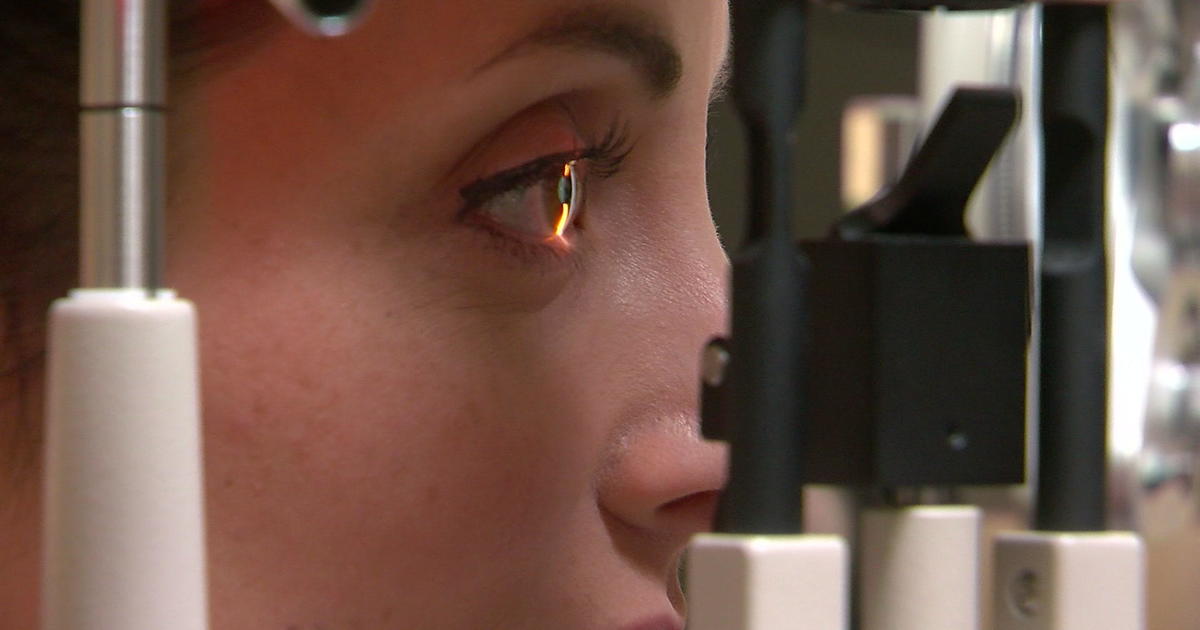Pa. Gets "D" On Premature Birth Report Card
PITTSBURGH (KDKA) -- You can have problems with vital organs if you're born too early. How likely is this to happen in Pennsylvania? All too often, according to a recent report card.
Six years ago, Mackenzie Minney came into the world 14 weeks too early - just a little more than halfway through 40 weeks, the normal length of a pregnancy.
"Scared, terrified, the unknown was the biggest, we didn't know what we'd be facing," says her mother, Kelly Minney, of Bridgeville.
Mackenzie began her life with a 37-day stay in the neonatal ICU, but her childhood has otherwise been rather normal.
"You'd never know looking at her today where she started," says her mother. "She's a happy healthy, almost 7-year-old. She does everything a normal first grader would do – running, playing soccer, doing well in school."
When asked how she will do on her next report card, Mackenzie confidently replies, "Good!"
She is a success story. But the United States as a whole is not so successful.
In fact, based on criteria put forth by the Healthy People 2010"initiative, on the March of Dimes Premature Birth Report Card, for a rate of 12.3 percent, the nation gets a "D."
Even Pennsylvania, with a rate of 11.6 percent, got a "D," reflecting that the state is on par with most other states. The states that did a little better had different demographics, patterns of smoking, health care infrastructure and access – things that could be improved here.
"From a policy standpoint, making preconceptional care available, strategies to maximize the number of pregnancies that are planned and not unplanned, receipt of early prenatal care," lists Dr. Hyagriv Simhan, a maternal fetal medicine specialist at Magee Women's Hospital.
Even when everything goes right with a planned pregnancy and good prenatal care, babies born too early still die.
"It's just an incredibly sad thing, frustrating thing," Dr Simhan says, recalling a recent case of a family who tried for years to get pregnant, successfully underwent fertility treatments, and then lost the baby due to premature birth. "Fundamentally, we have an incomplete understanding of preterm birth, the processes that contribute to it."
"There are others, I know, who have not been as fortunate as we have," Kelly Minney sympathizes.
Babies that are born prematurely often get specialized care in a neonatal ICU. The fact that babies like Mackenzie have not only survived, but thrived, shows the advancements in neonatal intensive care over the past two decades.



